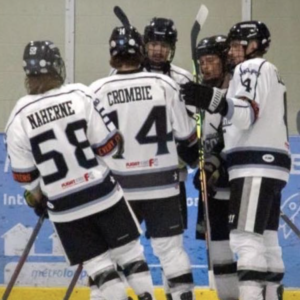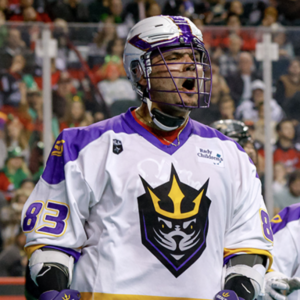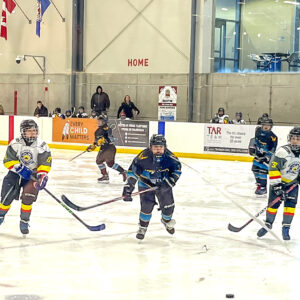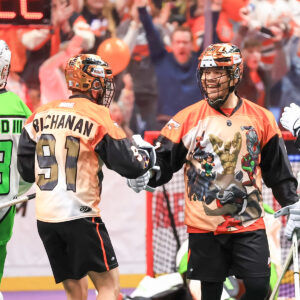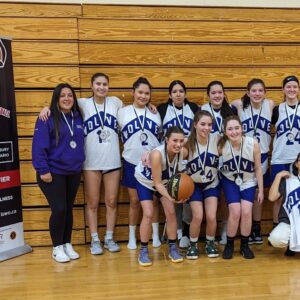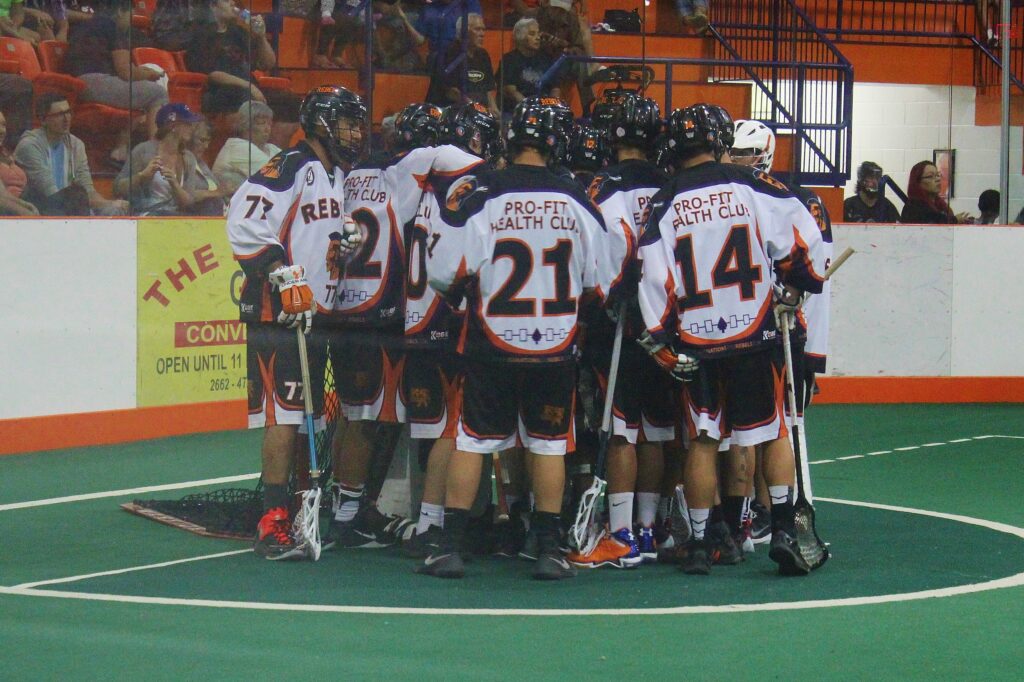
The early spring has brought with it the nostalgia of summer sports.
Unfortunately, many do not know for certain how their sports will be adapting in the coming months to the ever-changing environment of the pandemic.
Even the 2021 Masters Indigenous Games (MIG) was postponed to protect the health and safety of participants, visitors and communities, given the uncertainty of hosting amidst the COVID-19 pandemic.
In the mean time, young athletes have found themselves in an unprecedented situation—they may or may not be able to play with their peers this year, and many didn’t play at all last year.
We sat down to speak with Leah Ferguson, an associate professor with the College of Kinesiology and the University of Saskatchewan, who focused her responses on related topics using the area of sport psychology and her experience as a mental performance consultant.
In terms of youth development; besides the ability to engage in their sports, what else do you believe has been taken away from young athletes?
Researchers have shown that engaging in sports can have a wide range of physical, psychological, and social benefits. Some of the evidence-based advantages of sport participation include: building self-esteem, autonomy, independence, friendships, and communication and leadership skills; increasing competence, confidence, skill development, and physical fitness; decreasing anxiety; and, experiencing success in other life domains (e.g., school). It is difficult to identify the extent to this which the benefits that are normally experienced from sport participation will be hindered due to the pandemic and related restrictions. In any case, sport typically provides an environment where these advantages may be experienced and the pandemic has interrupted those opportunities.
Many organizations put their sports on hold, including the Olympics; have any mental wellness resources been created for athletes since last year that you know of, or would recommend?
The Sport Information Resource Centre is an exceptional organization advancing sport through knowledge and evidence (https://sirc.ca/about-sirc/). One resource (blog post) in particular is called “Mind over COVID? Mental health tips for coaches, athletes, and sport administrators” (https://sirc.ca/blog/mind-over-covid/?utm_source=CAC+-+Inside+Coaching&utm_campaign=d8cf165714-EMAIL_CAMPAIGN_2018_04_17_COPY_01&utm_medium=email&utm_term=0_b810808a44-d8cf165714-193451942), and includes a number of great suggestions for targeting mental wellness. Two other organizations that I highly recommend are the Coaching Association of Canada (https://coach.ca/) and Student Athlete Mental Health Initiative (http://samhi.ca/; which is focused more so on student-athletes and includes a number of relevant articles/resources: http://samhi.ca/huddle/ )
If an athlete is losing motivation to stay engaged during the pandemic, do you have any tips for maintaining their fitness levels at home or virtual programs/supports that they could get involved in?
As a mental performance consultant, I often work with athletes and teams to target motivation, which may drop during difficult times (such as a pandemic!). I encourage athletes to reflect on why they do their sport in order to better understand what motivates them, and to then use that as motivation to continue doing what they can during the pandemic. Some sports have offered virtual training and practices, though others have not. Speaking with a coach or another sport support person (or even a teacher!) might help identify relevant and available virtual options that are available for various sports, competitive levels, geographic areas, etc. I highly recommend using mental skills such as goal setting and imagery to further stay motivated and engaged during the pandemic. Athletes might set daily/weekly/monthly goals (e.g., time spent in virtual training, skill development at home, nutrition and sleep) and track those goals to see how they are progressing. Imagery can be a highly useful skill whereby athletes use all of their senses to imagine themselves performing their sport (e.g., training, practice, competing) in their minds eye and create/re-create different skills, techniques, drills, practices, etc. Imagery can also be a powerful tool to create/re-create emotions around sport performances (e.g., re-creating the feelings of preparing for a competition), which might further benefit motivation during the pandemic.
Do you have an opinion on what sports organization might look like after Covid-19 restrictions are lifted? (new safety parametres, is there anticipation that more interest in sports will be garnered in youth, is there more risk of injury due to the lack of training throughout the pandemic).
It will continue to be important to adhere to all health and safety parameters as the pandemic restrictions are lifted. I hope we continue to get creative in finding solutions for athletes to safely return to sport (e.g., changes made to golf), so as to not stifle sport participation and the many advantages that come with sport participation. It is interesting that some sports have seen increased interest during the pandemic (see attached article – though I recognize the US context and focus on adults may not be directly relevant to your article). Various sport support persons (e.g., coaches, trainers, strength and conditioning experts, nutritionists, mental performance consultants) will be key to support youth returning to sport for safe/appropriate training and managing expectations.
It is hoped that some sports will be able to return to activity, but those that do will be met with high restrictions of body contact and implemented social distancing.



